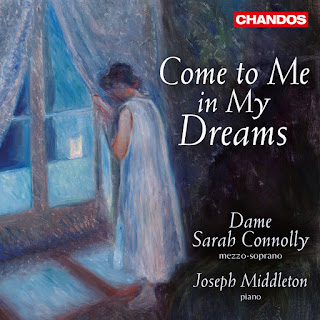This year’s festival celebrates the richness of 700 years of music from Europe, and looks at Britain’s long and often tempestuous relationship with the rest of the Continent from medieval times onwards. Concerts draw on the important alliances, wars, trade, migrations, revolutions and dissolutions, as a result drawing parallels to some of the current challenges we face (a slight understatement!) in terms of our relationship with the rest of Europe. Despite the increasing challenges of funding such a festival, Artistic Director Deborah Roberts once again promises us a typically varied and innovative range of concerts, workshops and events.
 |
| Sollazzo Ensemble |
The festival the kicks off with the Sollazzo Ensemble exploring La Contenance Angloise, an early English cultural export and musical fashion which took Europe by storm in the 15thcentury (Friday 26). Then soprano Elin Manahan Thomas is joined by Elizabeth Kenny on lute & chitarrone for ‘Game of Thrones’, including music by Dowland, Tallis, Carissimi and others, reflecting the political machinations of the time (Saturday 27). The English Cornett and Sackbut Ensemble meanwhile focus on the influence of the Venetian wind-playing Bassano family, who brought their unrivalled skills to 16th century London (Saturday 27).
Spanish group Resonet are joined by the BREMF Community Choir to bring the music from the Lewes Breviary to life, and show how a European network of monastaries shared and influenced music across the continent (Sunday 28).
 |
| Canto Fiorito & Musica Antiqua Salzburg |
The Consone Quartet and Flauguissimo Ensemble take us to Scandinavia for a slice of classical and traditional music from the north (Friday 2 November), whilst Canto Fiorita from Lithuania and Musica Antiqua Salzburg bring us music from across the Hanseatic League, a proto-EU of 11 countries in Northern Europe from the 13th-17thcenturies (Sunday 4 November).
A highlight of every BREMF is the BREMF Live! Showcase, and this year promises to be no different, with performances from five emerging ensembles supported by the festival (Saturday 3 November), including medieval vocal ensemble Voice, early baroque group Dramma per Musica, and classical ensemble Pocket Sinfonia.
 |
| Fieri Consort |
Lux Musicae London will be performing music by John Dowland and others from the court of Christian IV in Denmark (Sunday 4 November), and the Fieri Consort are in the year 1588, considering what might have happened if the wind had not changed, and the Spanish Armada had succeeded in invading Britain – at the same time as the first Italian madrigal anthology with English texts crossed the Alps, a cultural conquest that made madrigal singing the height of fashion across Europe (Friday 9 November).
Once again, BREMF are also offering us the chance to see rarely performed early opera, and this year we get not one but two, with a double bill of Il Ballo delle Ingrate by Monteverdi, and Venus and Adonis by John Blow. With a great cast of young soloists, and the Monteverdi String Band, Thomas Guthrie directs productions combining music and dance (6-8 November).
 |
| BREMF Consort of Voices |
Two powerful concerts will conclude this year’s festival. First, in Reformation Remainers, the BREMF Consort of Voices, directed by Deborah Roberts, perform music by Taverner, Tallis and Byrd, drawing parallels between the fierce divide brought about by the English Reformation (the break with Rome), and Brexit (the break with Brussels) (Saturday 10 November). And finally, Peace in Europe, a concert for Armistice Day will include music by Handel, Zelenka and Purcell, performed by the BREMF Players and Singers, directed by John Hancorn (Sunday 11 November).
For venues, times and tickets, visit BREMF.








